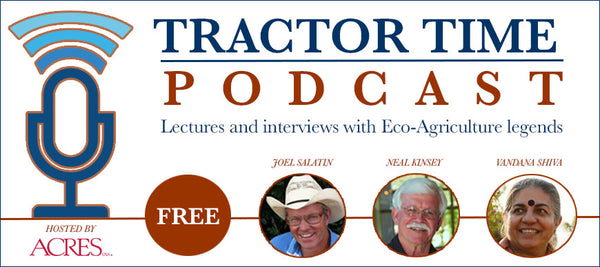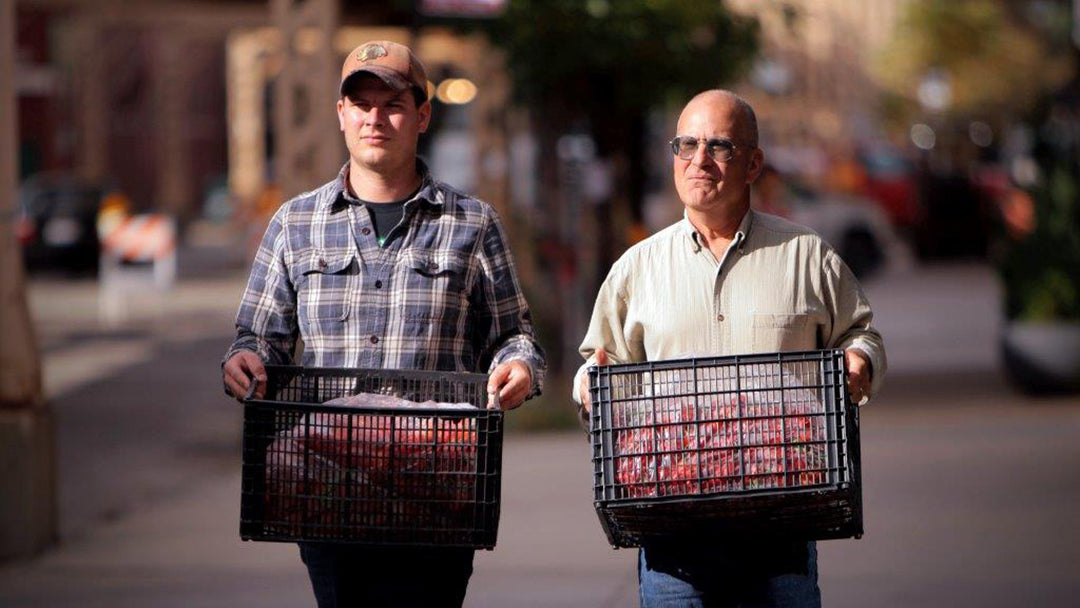
Fibershed
Growing a movement of farmers, fashion activists, and makers for a new textile economy. Co-authored with Courtney White.
There is a major disconnect between the clothes we wear and our understanding of their impact on the environment, labor, and human health. Weaver and natural dyer, Rebecca Burgess has spent the last decade mending that gap by reconnecting to her local "fibershed" – the region of North Central California containing the materials and people required to make her clothing.
This community of ranchers, farmers, and artisans became an inter-connected network of textile creators driven by economic justice and soil restoration.
Today, upwards of fifty communities around the world have begun to organize their fibershed systems, piloting the regionally focused farm-to-closet model.
A call to action to everyone involved in textiles – from handcrafted to haute couture – Fibershed advocates for a focus on "the source of the raw material, the transparency with which it is converted into clothing, and the connectivity among all parts, from soil to skin and back to soil."
Burgess educates us about the political ecology of clothing and challenges us to think, spend, and dress with our health and the good of the planet in mind.
SKU: 7594
Copyright 2019, softcover, 288 pages.
Praise for Fibershed
"If we want to offer hope to future generations, we will have to root not only the food we eat, but the clothing we wear in new, regenerative agriculture that manages livestock using the holistic planned grazing process. Rebecca Burgess's well-researched book stokes a fire that has already been lit by many organizations collaborating and networking around the globe, and connects teh dots between our clothing and our life-supporting environment. I would encourage everyone who wears clothes and has any concern for future generations to read this book."
– Allan Savory, president and cofounder, Savory Institute; author of Holistic Management
"From the living world around her, Burgess has stitched together the broken strands of textile arts, creating an economy of place where makers are artists and clothing is revered."
– Paul Hawken, author of Blessed Unrest; editor of Drawdown
"A visionary manifesto of hope. Bugess chronicles a personal journey with profound global implications: Human economies need not result in the degradation of either human culture nor the environment, but might, if done well, lead to the enrichment of both."
– Jeffrey Creque, PhD, Director of Rangeland and Agroecosystem Management, Carbon Cycle Institute
"Burgess is the Alice Waters of the slow fiber movement. Fibershed is required reading for any clothing company that claims environmental and ethical responsibility."
– Dan Malloy, surfing ambassador, Patagonia; cofounder, Poco Farm, Ojai, CA
My Farmer, My Customer
New! Learn from Marty Travis's experiences converting the Spence Farm into one of the most successful farming co-ops in the United States today.

